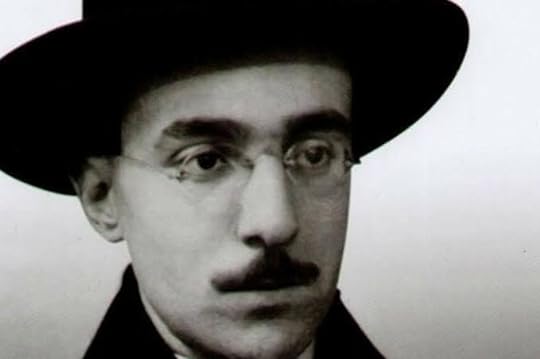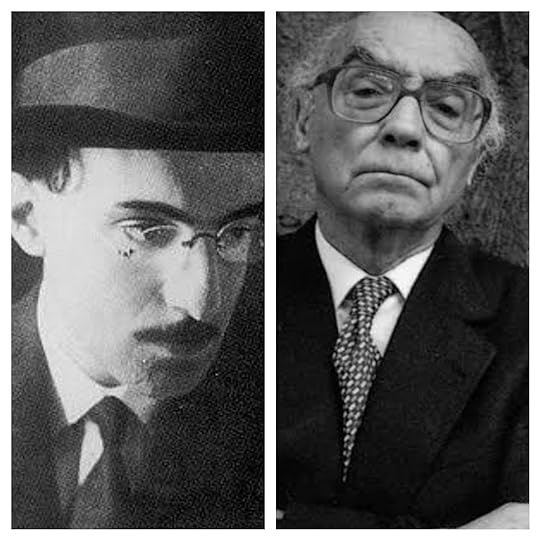What do you think?
Rate this book


373 pages, Paperback
First published January 1, 1984
Films, like poetry, are the art of illusion, by adjusting a mirror you can transform a bog into the ocean.
A poet does not ask that his muses speak, only that they exist, Neaera, Lydia, Chloe.
In a changing, uncertain confluence, as the river is formed by its waves, so contemplate your days, and if you see yourself pass as another, be silent.


" منذ كنت طفلاً ، شعرت بالحاجة إلى توسيع العالم بشخصيات متخيلة - أحلام لي صيغت بعناية، مُتصورة بوضوح فوتوغرافي، وسبرت أغوارها حتي أعماق ارواحها. حين لم أكن قد تعديت الخامسة من عمري بعد، طفلا منعزلا وراضياً تماما بذلك ،استمتعت بالفعل بصحبة شخصيات محددة من أحلامي، بما فيهما شخصان يدعيان القبطان تيبو والفارس دوبا وعديد من آخرين نسيتهم .
=====
كانت تلك الشخصيات بالنسبة لي حقائق إنسانية تماماً وهو ما كانت لتفسده أى دمية - لأنها غير حقيقية . كانوا بشراً.



" حتى انت ياسارماغو "💔


